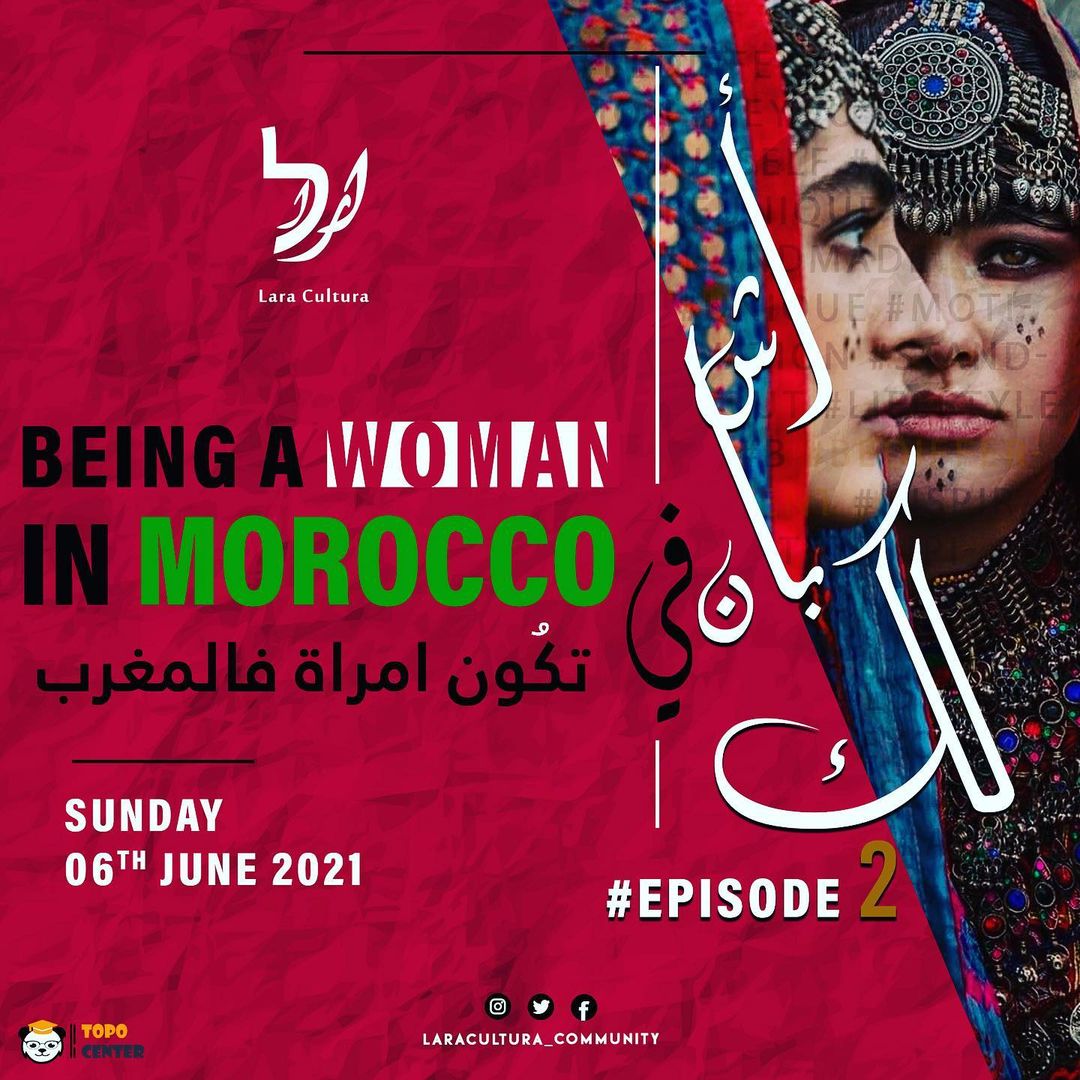Chnibanlk

- Posted By : Amine EL ARIBI
- |
- Time : first sunday of every month
A monthly socio-cultural open roundtable discussion on sensitive topics in society such as sexual harassment, mental health, youth and politics, being a woman in Morocco, the right to be different, racism, and others. This concept provides a platform and a safe space for youth to express and share their thoughts and opinions.








